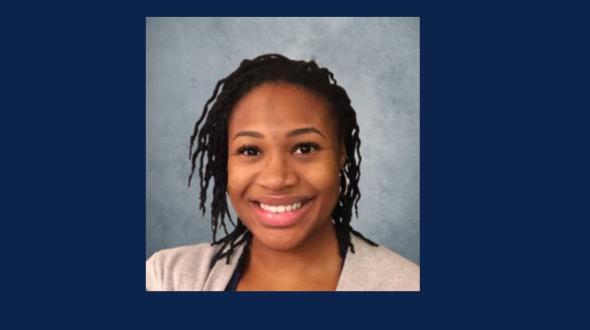Questions? Talk with an Advisor
Step 1 of 2
1. Your Interest
2. About you
Featured Articles

Industry Insights
The “One Big Beautiful Bill” and College: What to Know About Grad PLUS Elimination, Pell Grants, and FAFSA
0:05:33
Read Article

Student Lifestyle and Success
Hope & Hustle: A New Career Community for UAGC Students
0:04:17
Read Article

Motivation and Inspiration
Dr. Allar Applies Teamwork to Athletics and Education
0:05:17
Read Article

Student Lifestyle and Success
Jenn Cullen Finds Purpose Through Her Own History
0:06:34
Read Article
Read More From Our Forward Thinking Blog












